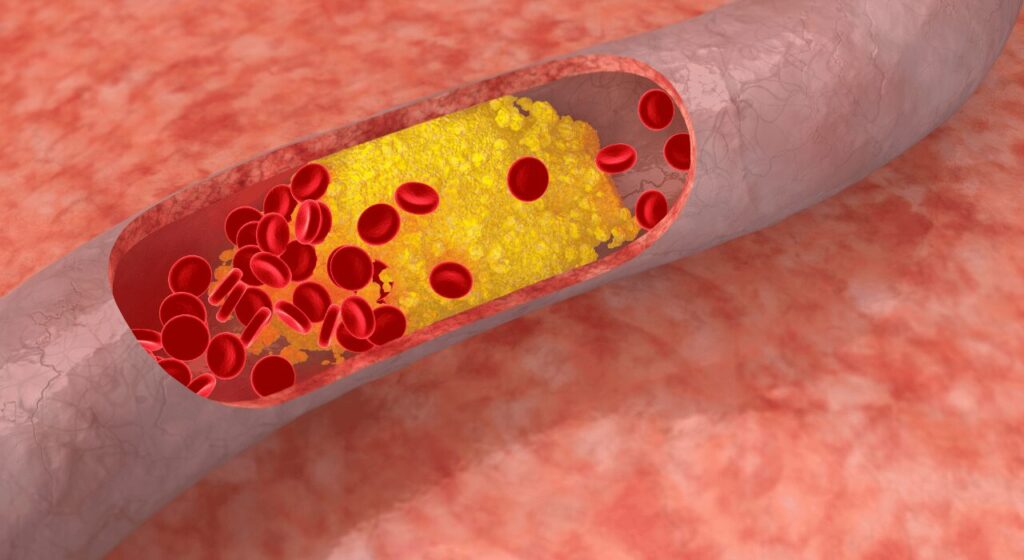High cholesterol is a common health concern affecting millions of people worldwide. While it may not exhibit any immediate symptoms, it poses a significant risk to cardiovascular health and can lead to serious complications if left unaddressed. However, with proper management and lifestyle adjustments, it is possible to maintain healthy cholesterol levels and reduce associated health risks. In this comprehensive guide, we will explore effective strategies and lifestyle changes to help you manage high cholesterol and improve your overall well-being.
Understand Cholesterol
To effectively manage high cholesterol, it is essential to understand the basics. Cholesterol is a waxy substance produced by the liver and also obtained from certain foods. It is carried through the bloodstream by lipoproteins, primarily low-density lipoprotein (LDL) and high-density lipoprotein (HDL). LDL cholesterol is often referred to as “bad” cholesterol, as high levels can contribute to plaque buildup in arteries, while HDL cholesterol is considered “good” cholesterol, as it helps remove excess LDL cholesterol from the bloodstream.
- Adopt a Heart-Healthy Diet
Making dietary changes is crucial in managing high cholesterol levels. Focus on consuming heart-healthy foods like low-sugar fruits, vegetables, whole grains, lean proteins, and healthy fats. Limit your intake of saturated fats, trans fats, and cholesterol-rich foods, such as red meat, full-fat dairy products, and fried foods. Incorporate more plant sterols, found in nuts, seeds, and legumes, as they can help reduce LDL cholesterol levels.
- Regular Physical Activity
Engaging in regular physical activity is a powerful tool for managing high cholesterol. Aim for at least 150 minutes of moderate-intensity aerobic exercise or 75 minutes of vigorous-intensity exercise each week. Activities like brisk walking, swimming, cycling, and dancing can significantly improve your cholesterol profile.
- Maintain a Healthy Weight
Excess weight, especially around the waistline, can contribute to high cholesterol levels. By adopting a balanced diet and engaging in regular exercise, you can achieve and maintain a healthy weight, which plays a vital role in managing cholesterol levels. In reducing your cardiovascular risk, you should be most interested in your height-waist ratio – this is because we know that weight held around your middle is the highest risk factor. If you are hourglass or pear-shaped, for example, we know from research you have a lower cardiovascular risk.
- Quit Smoking

Smoking not only damages your lungs but also negatively affects your cholesterol levels. Smoking lowers HDL cholesterol and damages blood vessels, making it easier for LDL cholesterol to accumulate. To effectively manage high cholesterol, it is crucial to quit smoking and avoid exposure to secondhand smoke.
- Limit Alcohol Consumption
While moderate alcohol consumption isn’t necessarily bad for your health, excessive drinking can raise cholesterol levels and increase the risk of heart disease. If you drink alcohol, do so in moderation – limit it to one drink per day and avoid binge drinking.
- Medication and Regular Check-ups
In some cases, lifestyle modifications alone may not be sufficient to manage high cholesterol levels. If prescribed by your healthcare provider, take cholesterol-lowering medications as directed. Additionally, regular check-ups and blood tests will help monitor your cholesterol levels and evaluate the effectiveness of your management strategies.
One of the best things you can do is stay aware of your cholesterol levels, especially the breakdown of your LDL and HDL levels (rather than the total). A routine blood test every 3 – 6 months can help you stay on top of your cholesterol level.
Effective Strategies
Managing high cholesterol is a proactive and ongoing process that requires a combination of healthy lifestyle choices and, in some cases, medication. By understanding cholesterol, making dietary adjustments, engaging in regular physical activity, maintaining a healthy weight, quitting smoking, limiting alcohol consumption, and seeking medical guidance and having routine blood tests, you can effectively manage your cholesterol levels and reduce the risk of cardiovascular complications. Small changes today can lead to significant improvements in the long run, promoting a healthier and happier life.
To book in your cholesterol profile, use our online booking engine and book in for a silver, gold or platinum blood profile today. Or give us a call.

















